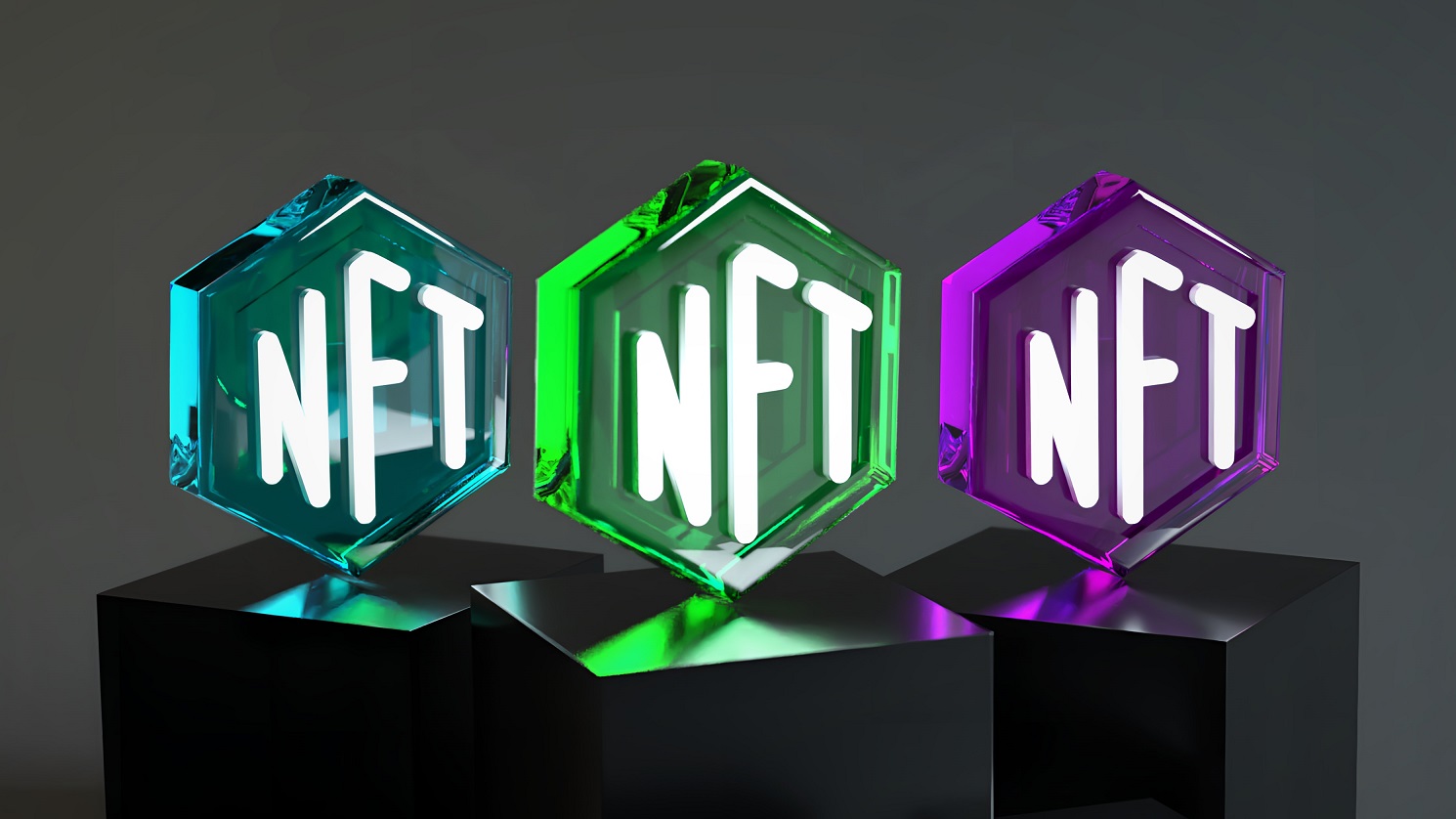- NFTs are pushing the crypto traffic in the Asian territory.
- Blockchain games, including Play-to-earn, attract more players in Thailand, Vietnam, and the Philippines.
- Crypto regulations in India and Pakistan have lowered the region's enthusiasm for digital assets.
Markets across Central, Southeast Asia, and Oceania have shown a growing interest in cryptocurrencies and the underlying blockchain technology. NFTs are especially popular in the region. An analysis from CryptoMonday.de reveals that they drove 58% of the total traffic to Asia in Q2 of this year.
The CEO of CryptoMonday, Jonathan Merry, commented on the data. He said:
CryptoMonday CEO, Jonathan MerryThe NFT industry has experienced meteoric growth during the past two years. This is largely driven by the increasing adoption of blockchain technology and the rise of digital collectibles. Games like Cryptokitties and Gods Unchained have been crucial in popularizing the use of NFTs. These games have shown that NFTs can be used for more than just art or digital collectibles. They can be used for gaming and other forms of entertainment as well.
NFT Blockchain Games
21% of traffic to crypto services was due to play-to-earn blockchain games. These games give players rewards in the form of cryptos and frequently include NFTs as part of the action.
The Philippines, Thailand, and Vietnam were the top three countries in terms of traffic to blockchain gaming sites. This is likely due to the large number of gamers in these countries.
Crypto Adoption in India and Pakistan
Crypto laws in India and Pakistan may slow the adoption, but it will not stop innovation. In 2021, Indians and Pakistanis were the second and third most frequent Bitcoin users. They now rank fourth and sixth, respectively, in the year 2022. This could be due to changes in the law in those countries recently.
India imposed a 30% tax on all cryptocurrency earnings on April 1, 2022, with no deductions for losses. The government also instituted a 1% transaction deduction at source (TDS) on July 1.
As a result, all crypto users now pay an extra 1% fee on all transactions. The move has lowered activities around cryptos in those territories.
Pakistan suggested prohibiting crypto transactions in January of this year. Then, they established three sub-committees to investigate and make policy recommendations. The process has led to uncertainty in the crypto sector.
Despite the recent obstacles, the overall trend in Asia is still positive. The region has shown a strong interest in cryptocurrencies and blockchain technology, which will likely continue in the future.












